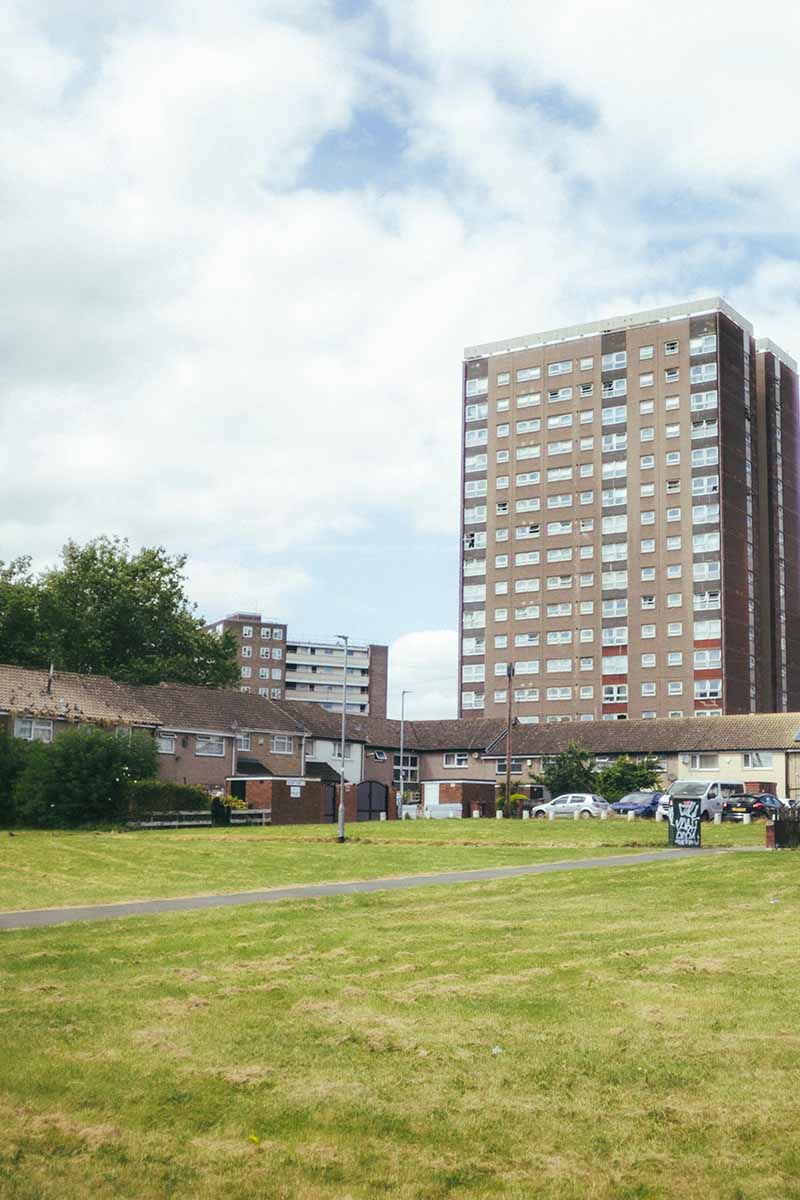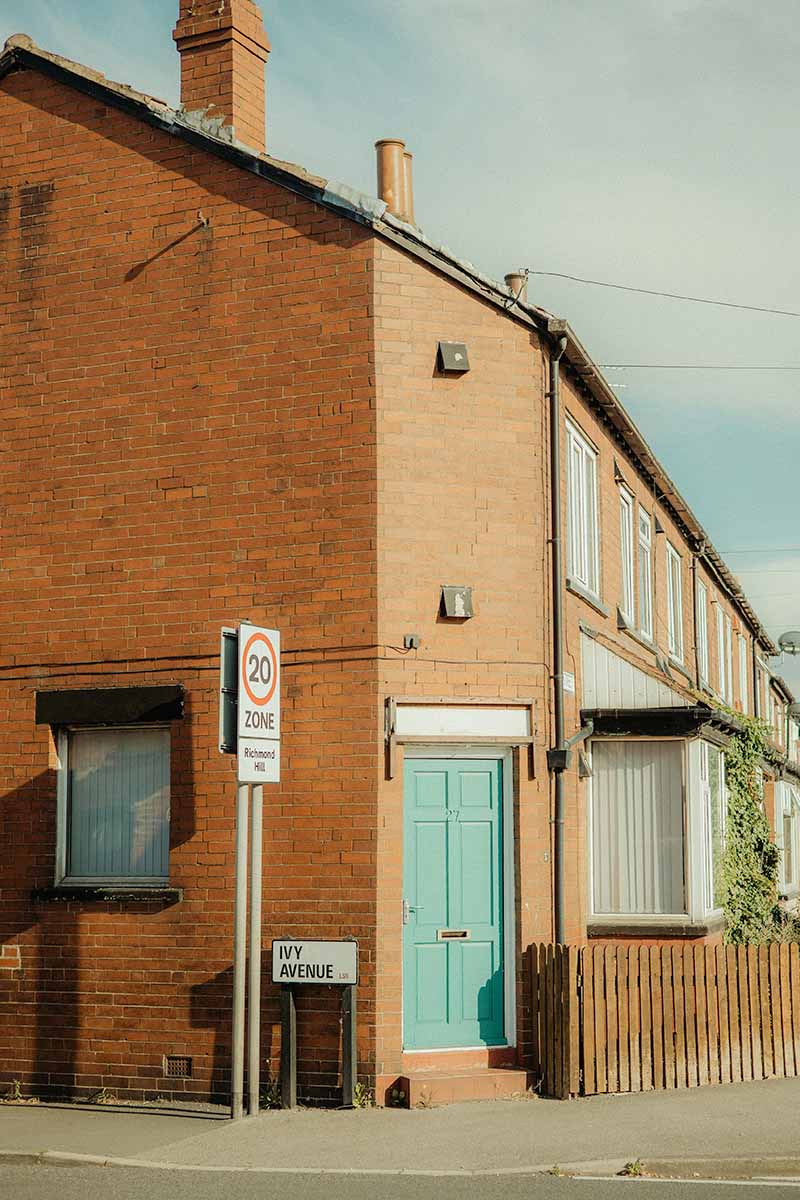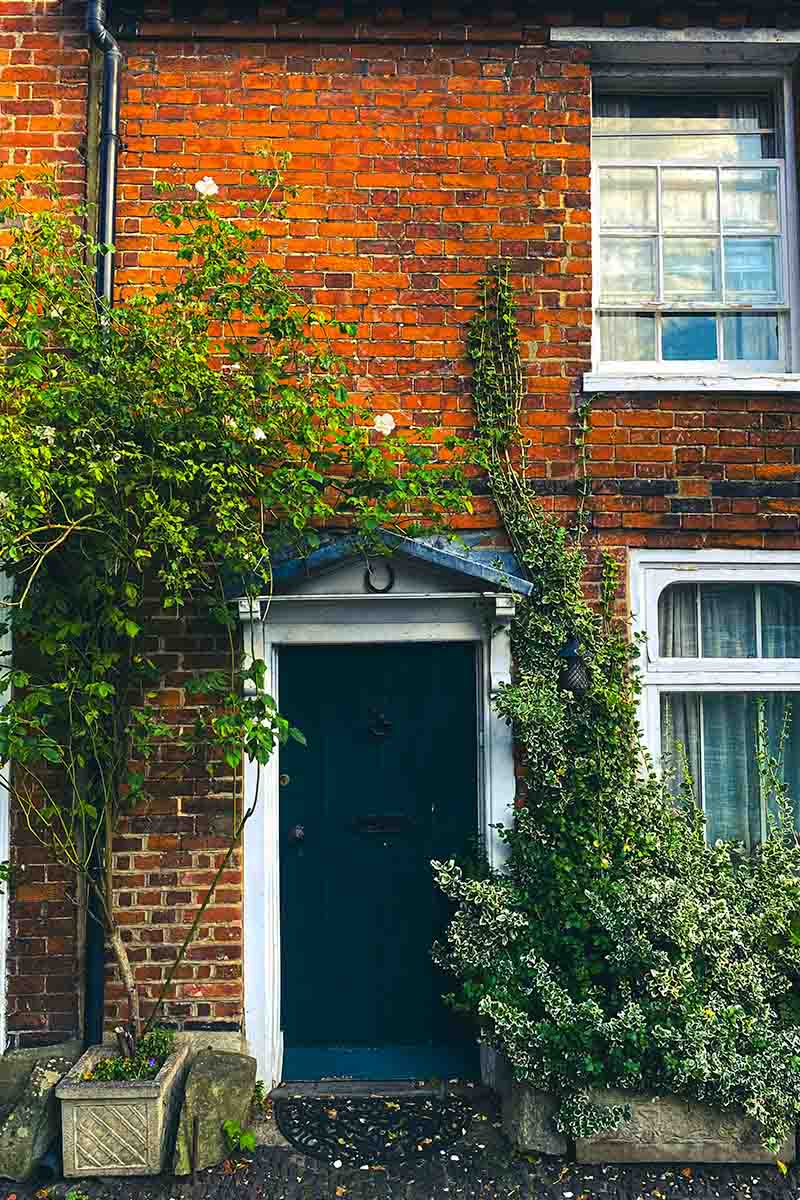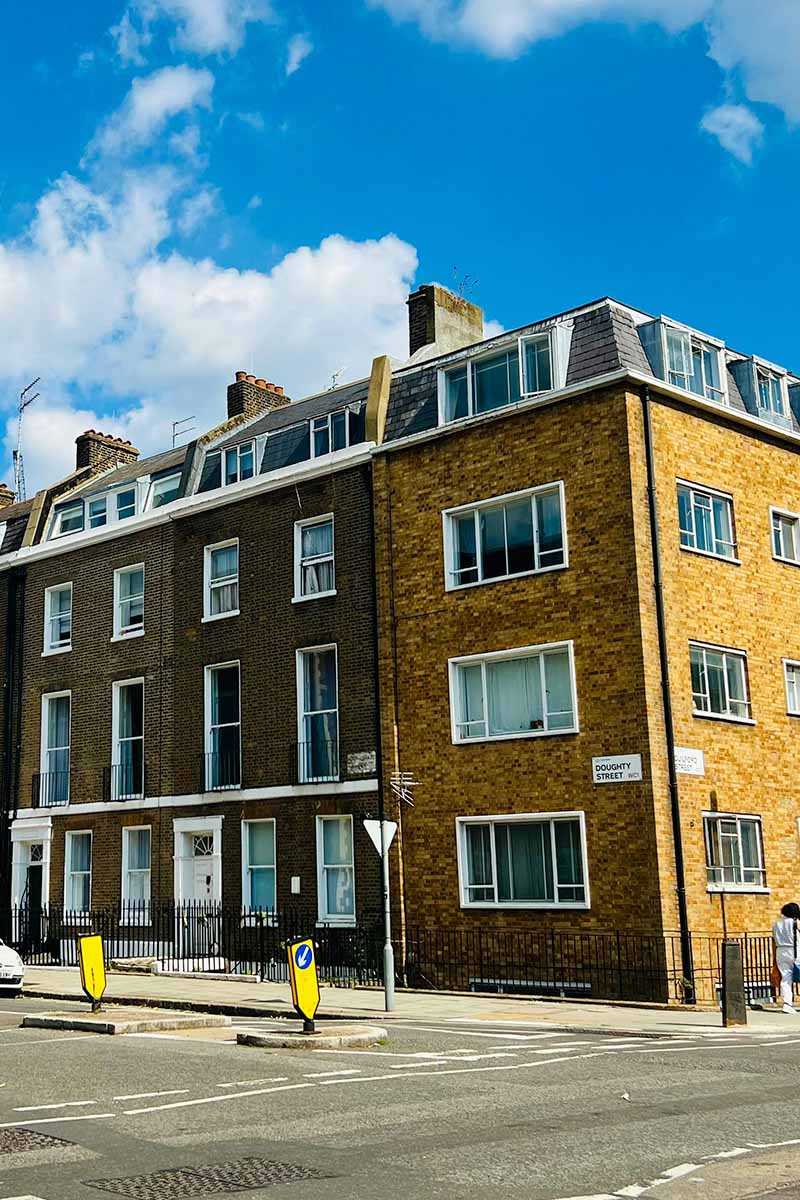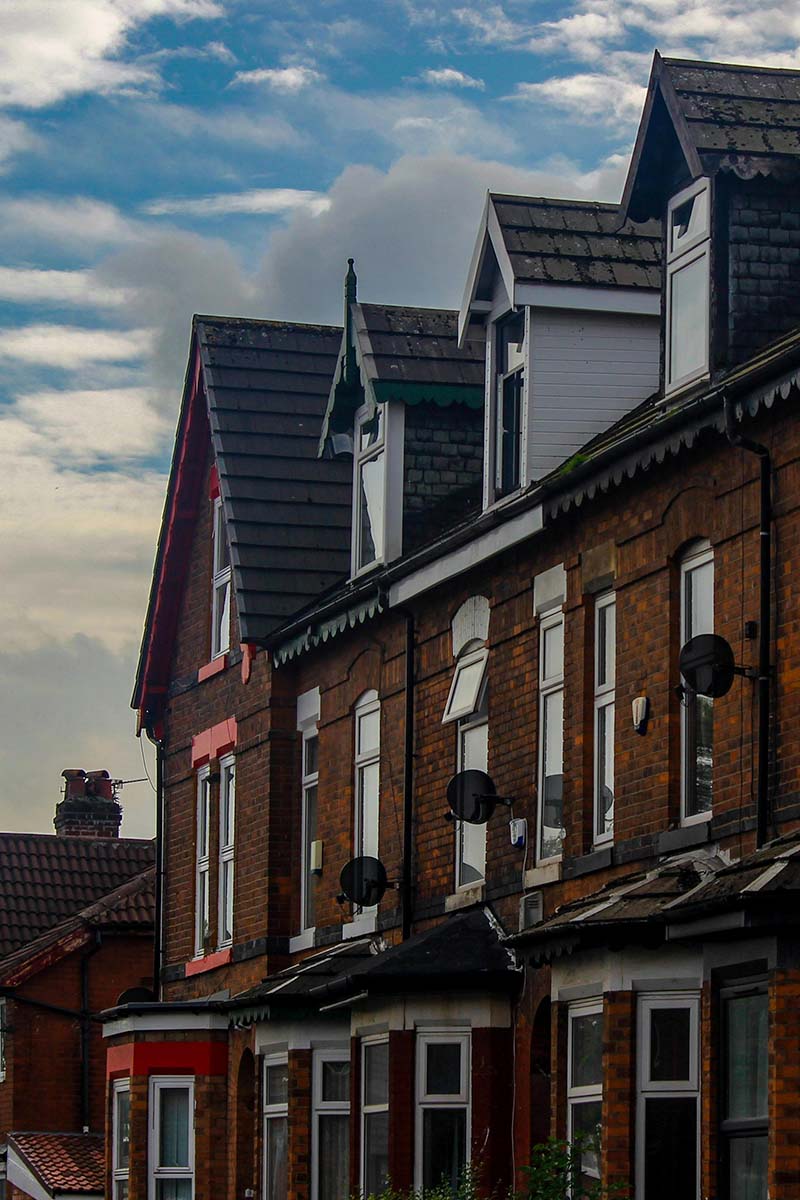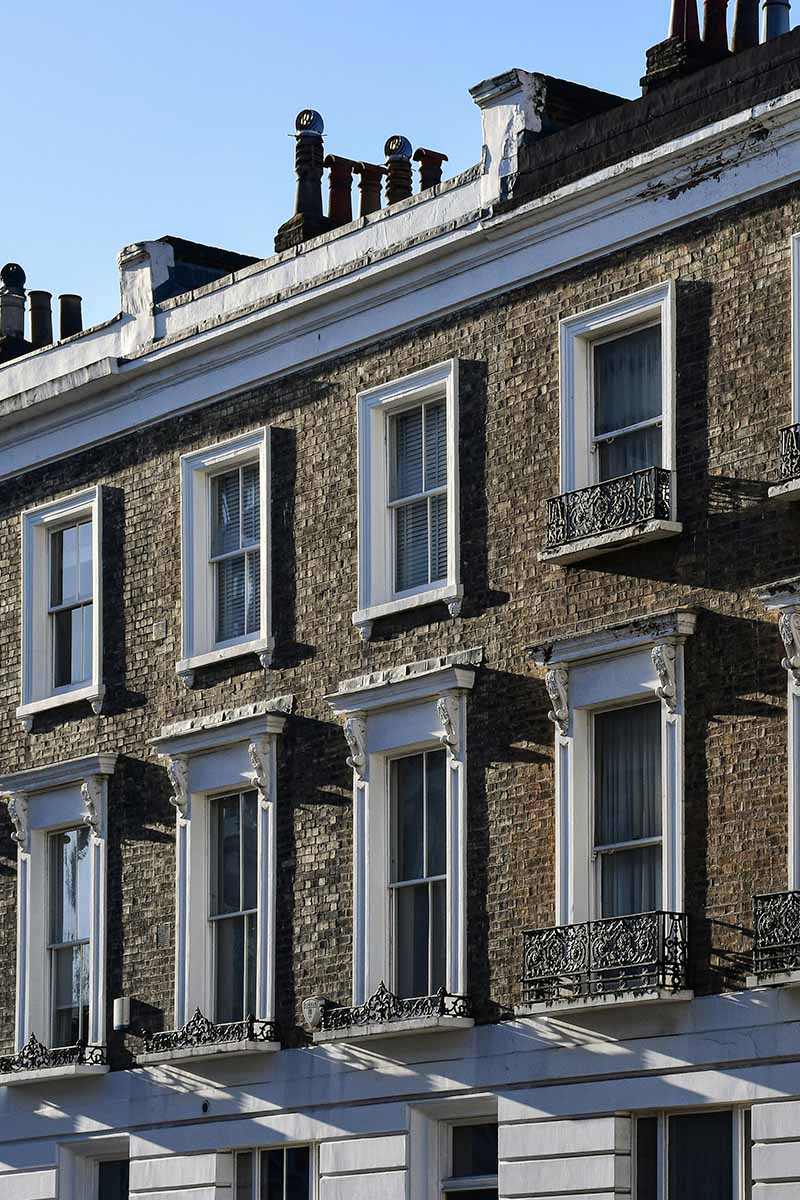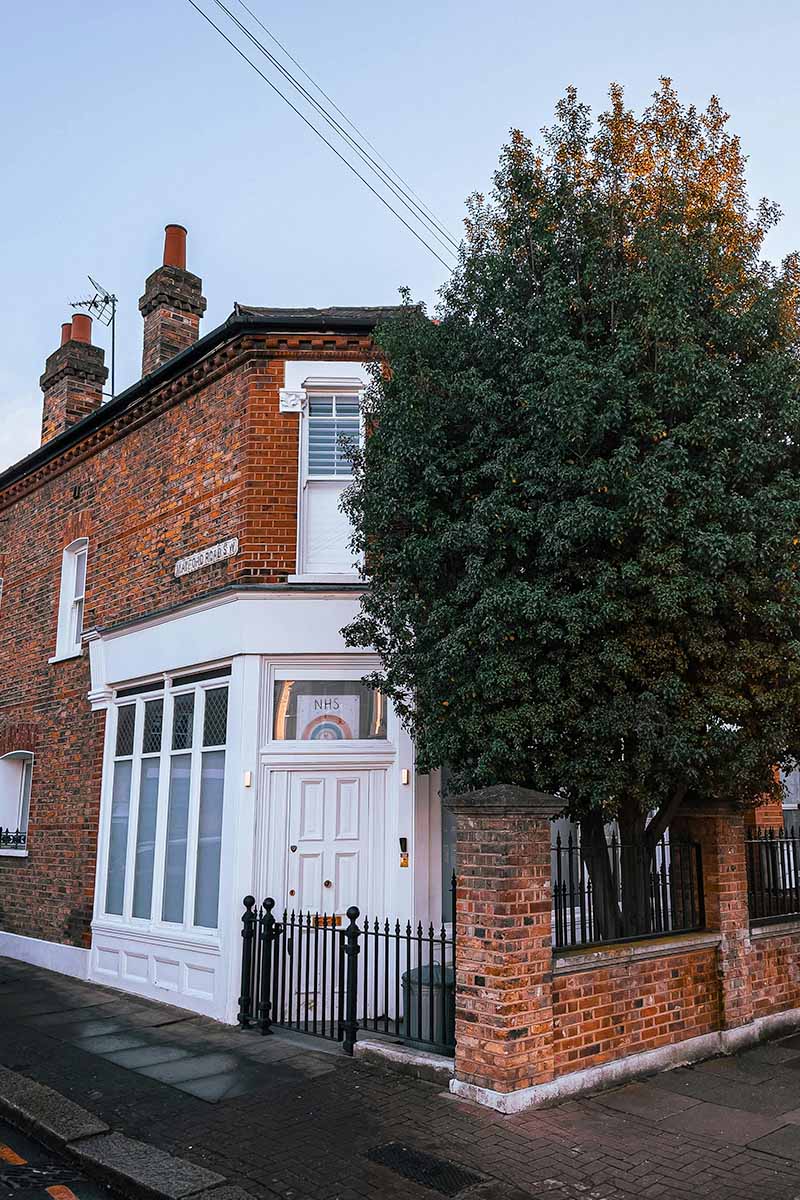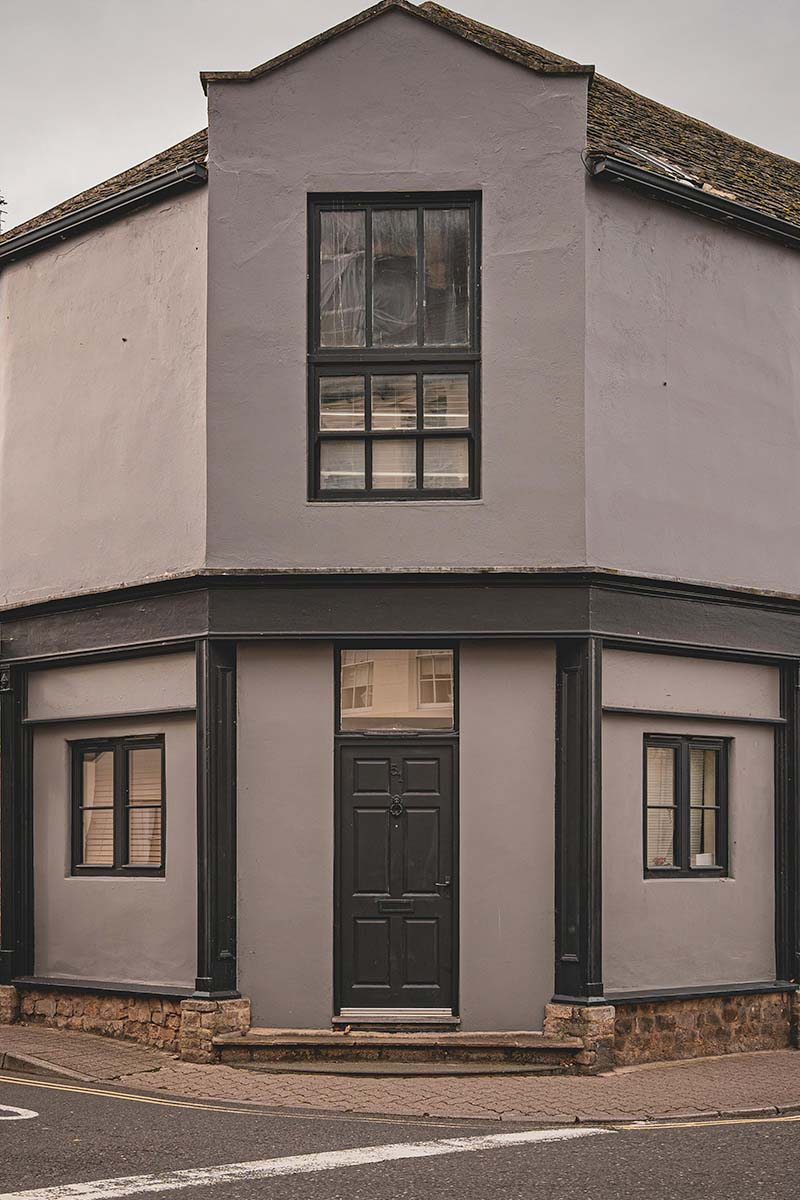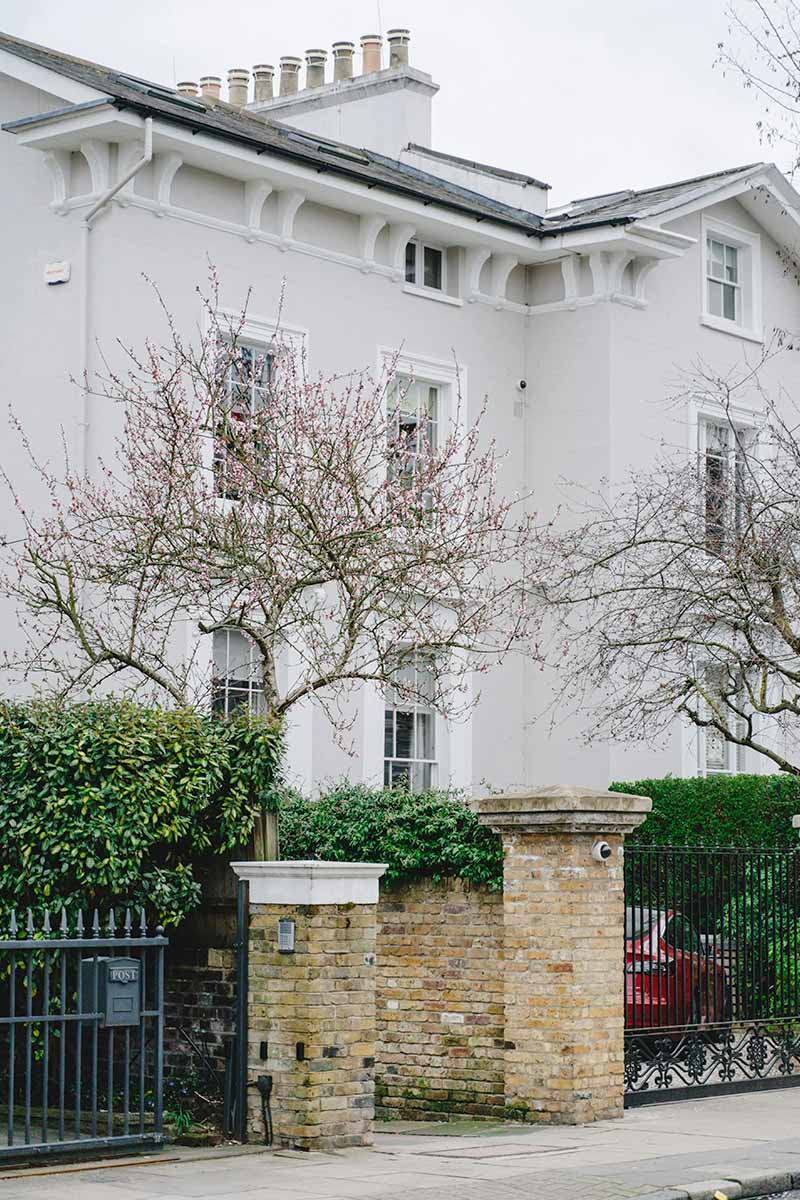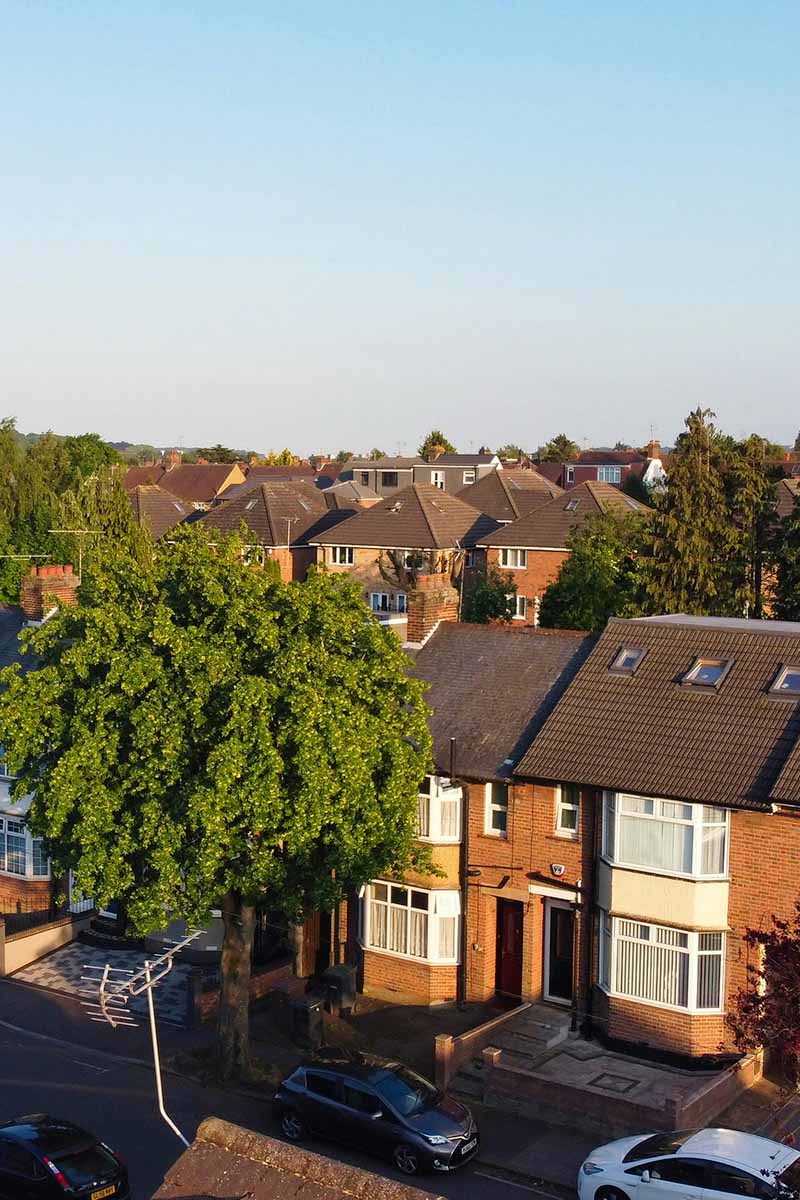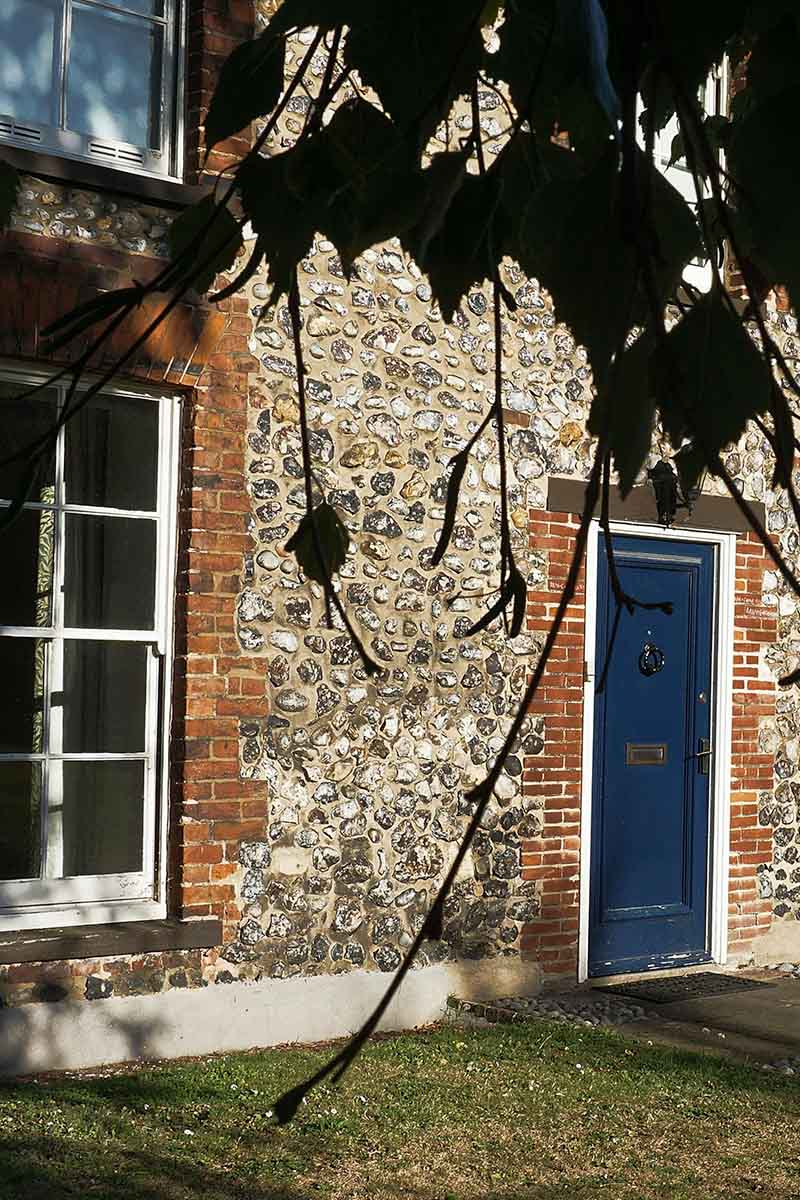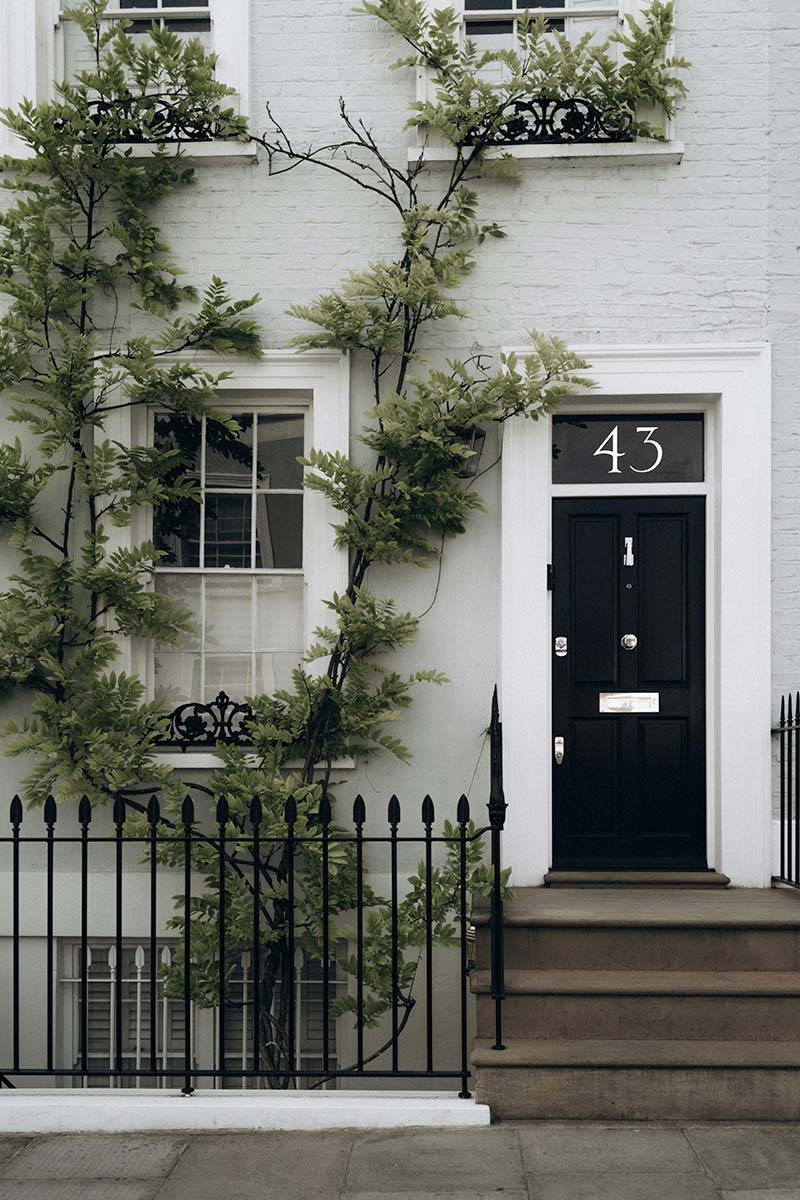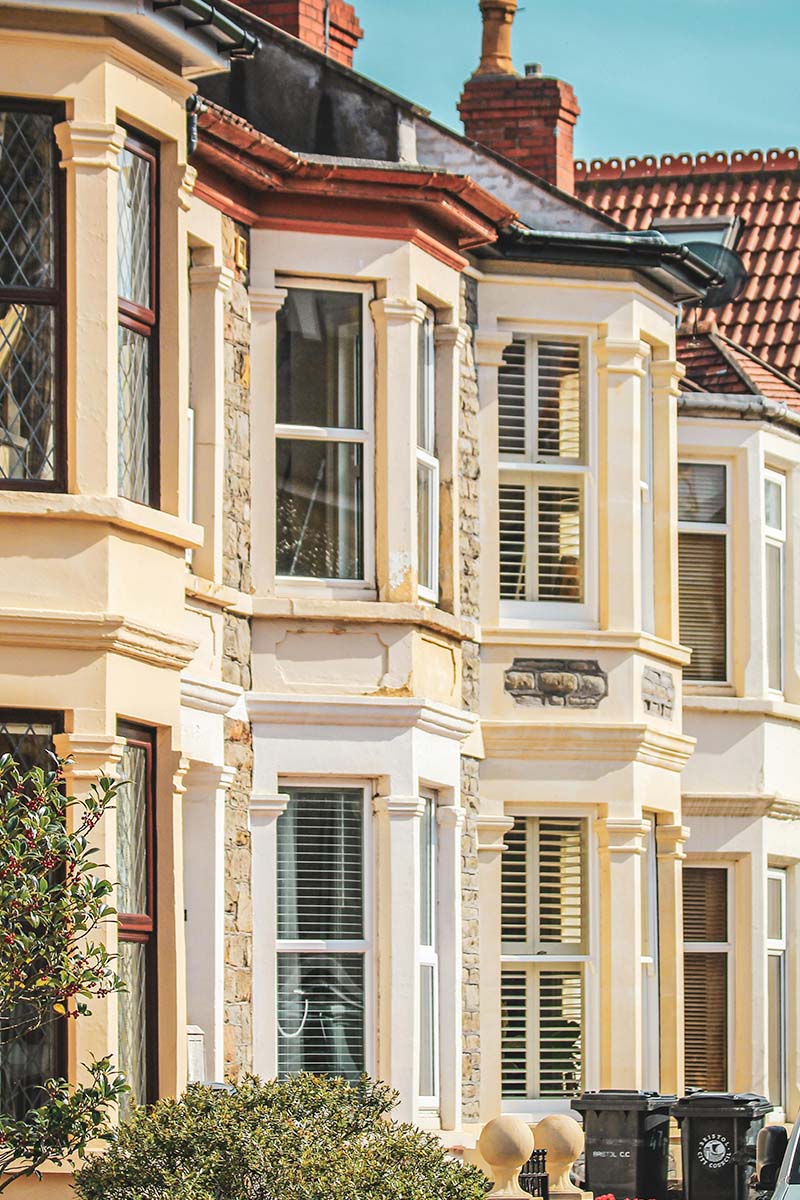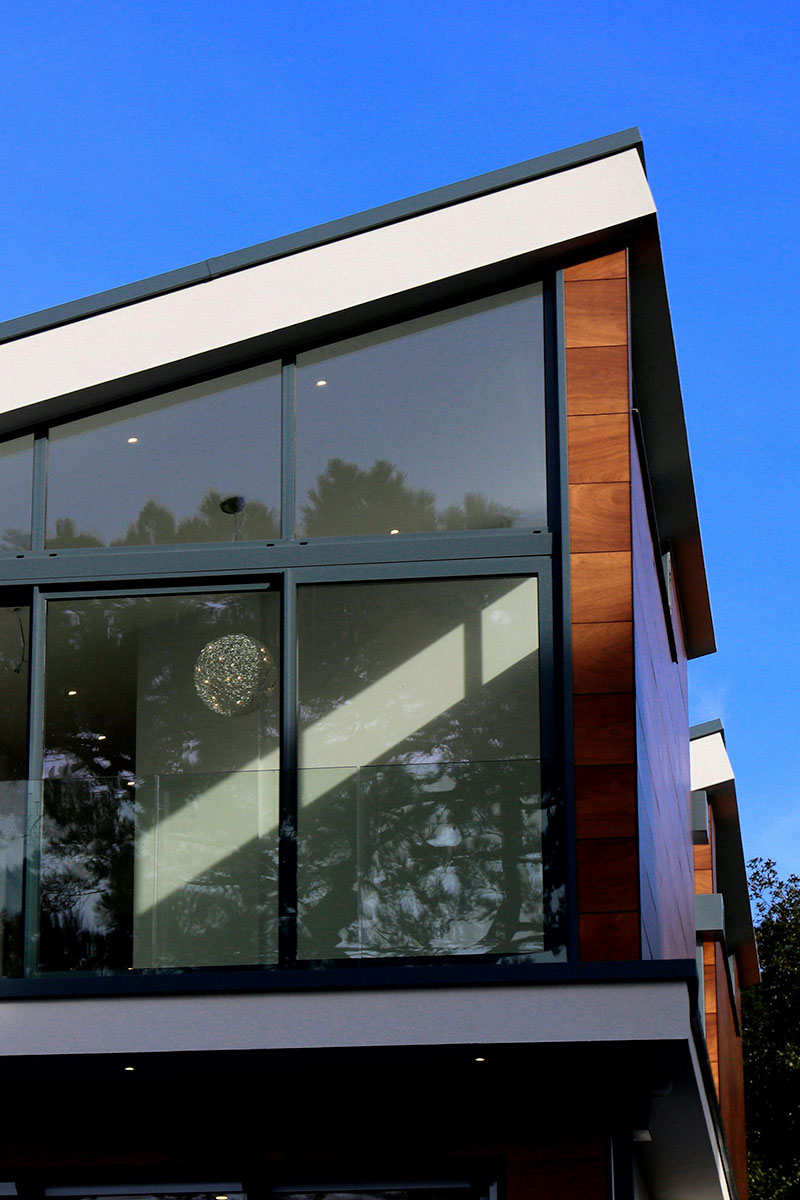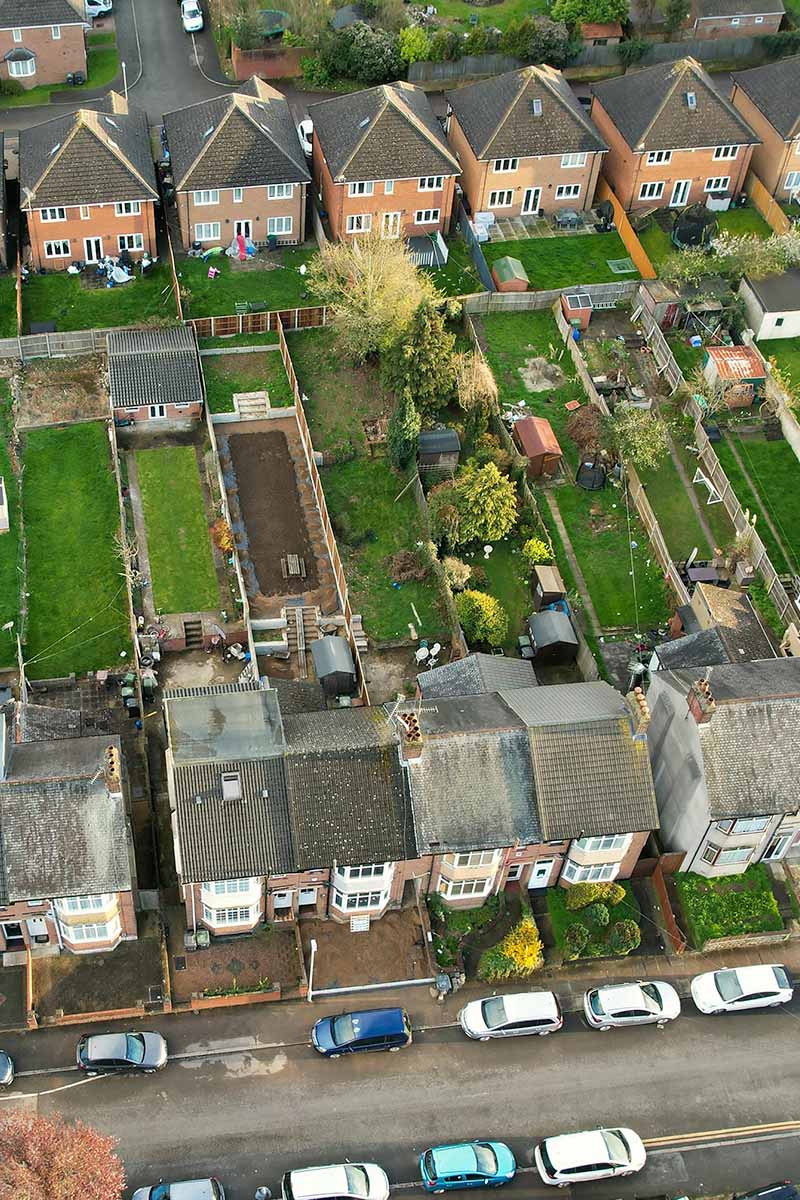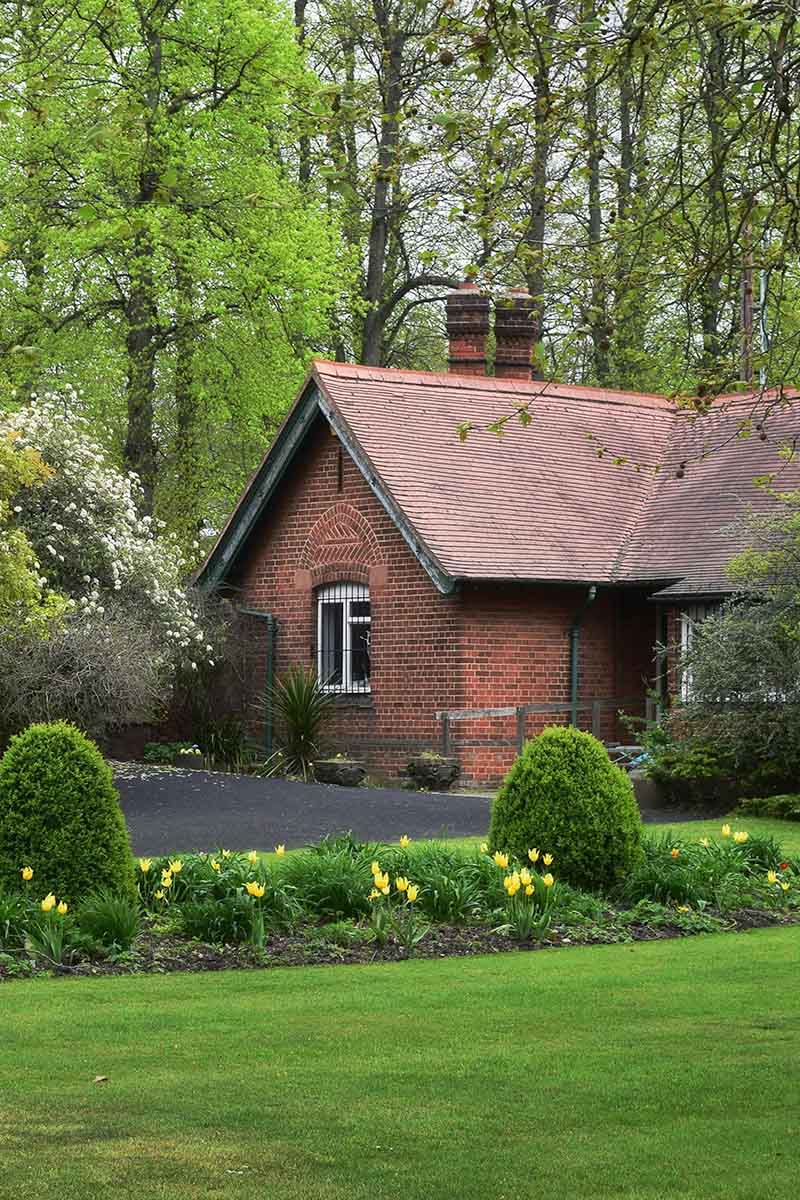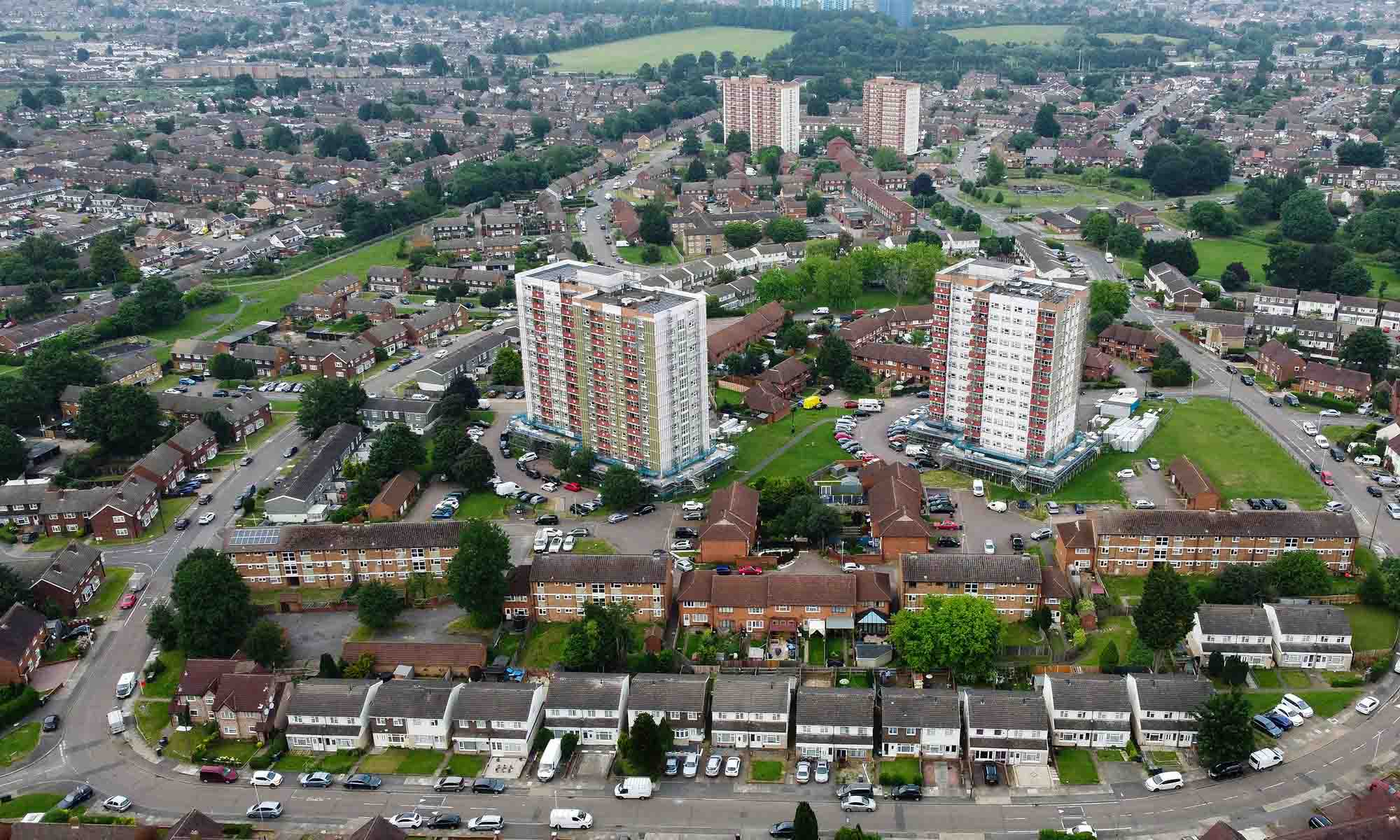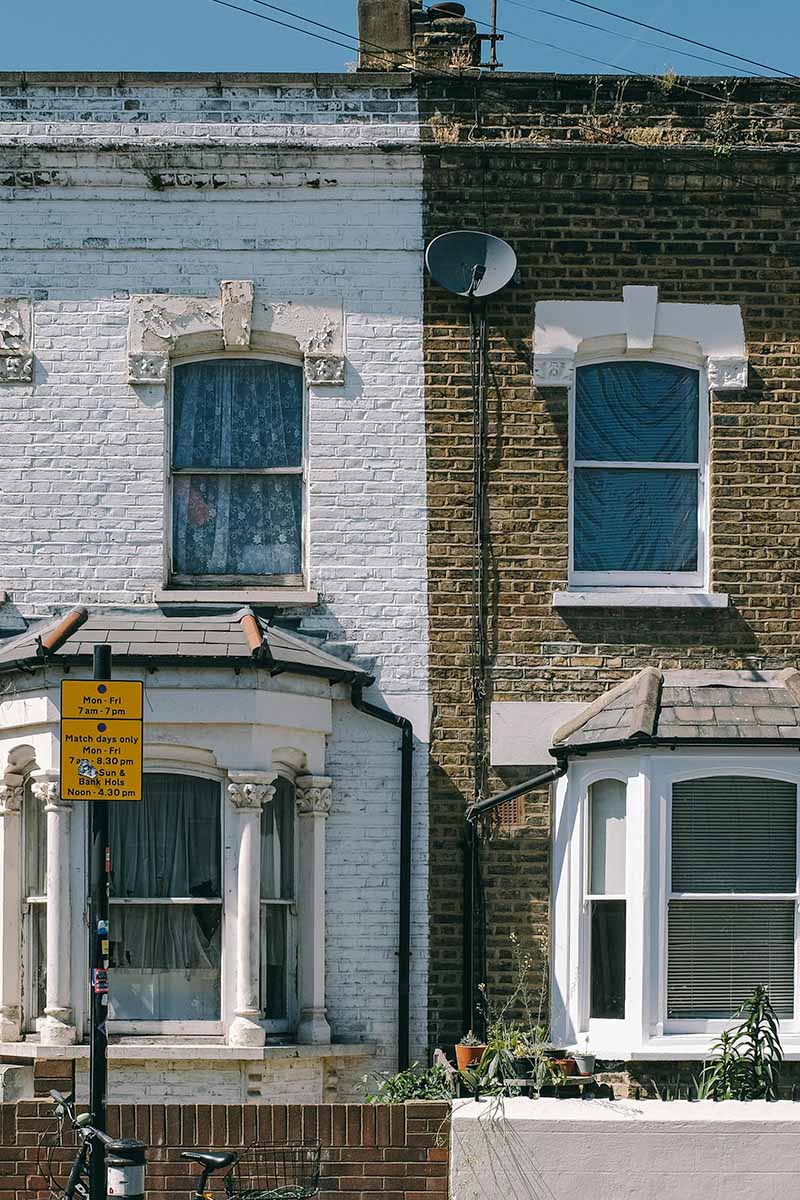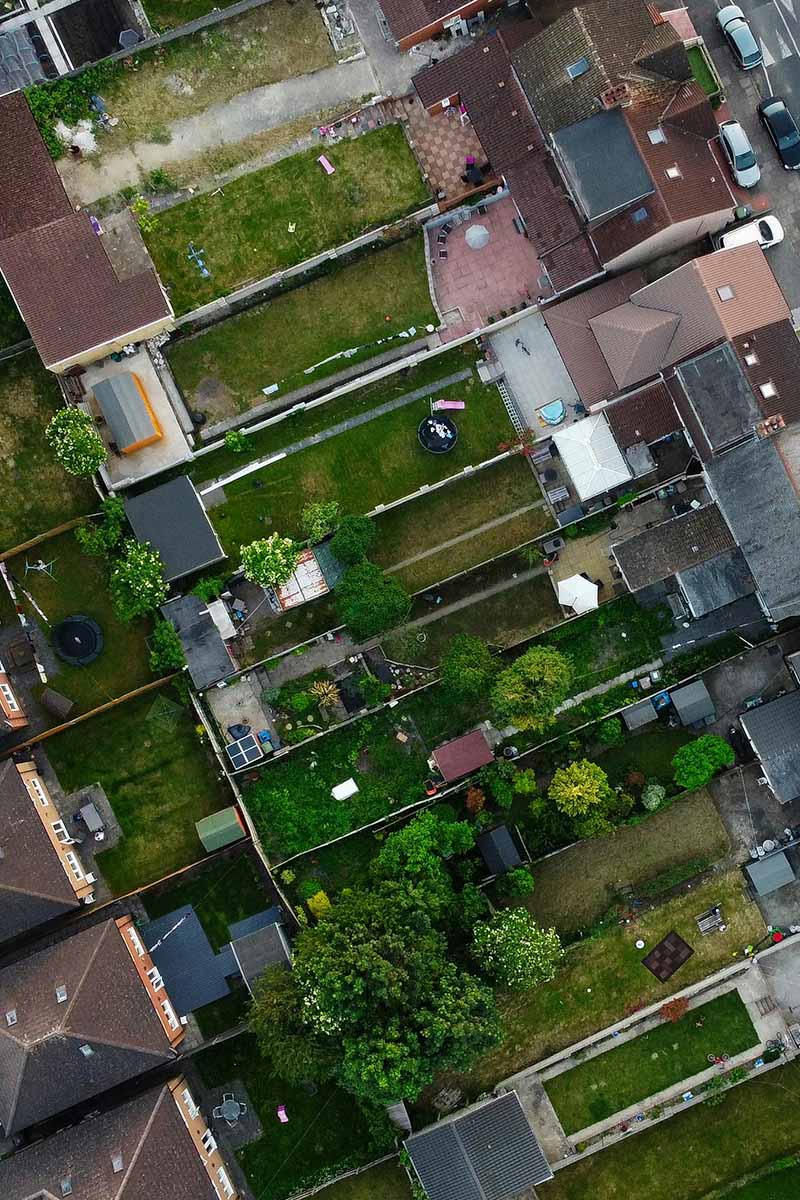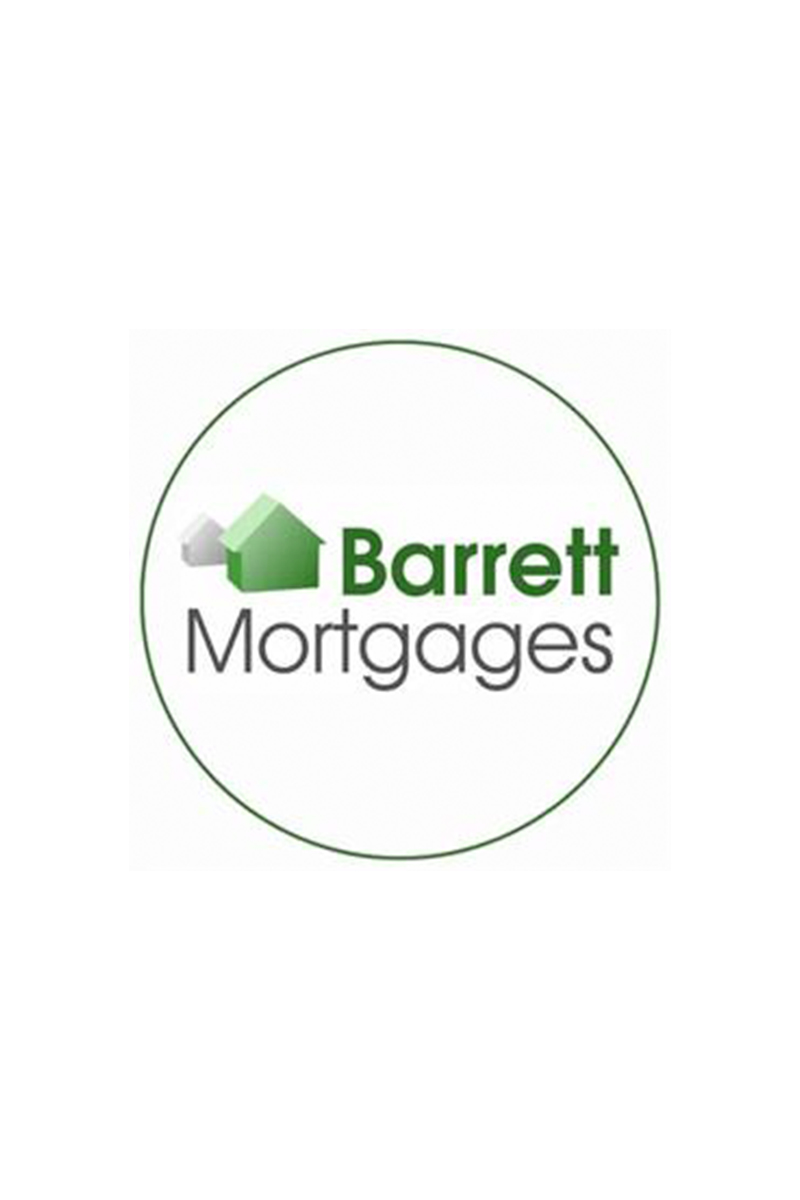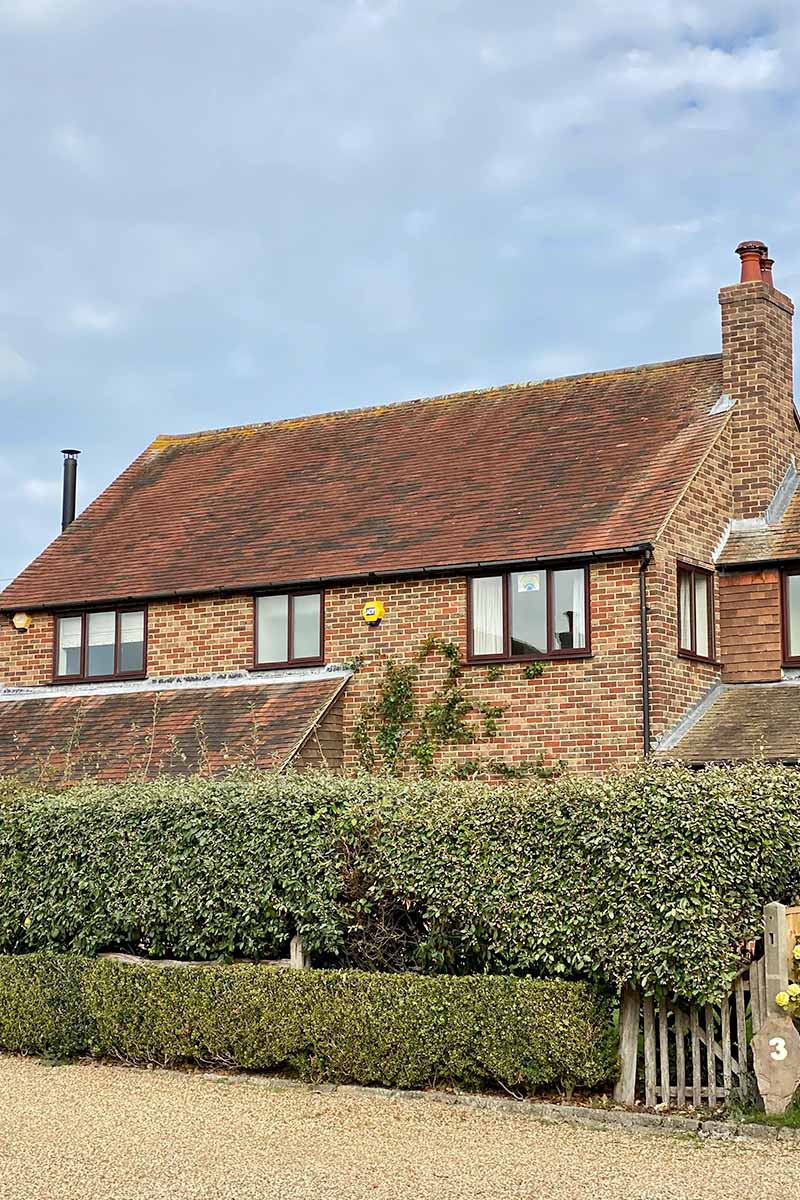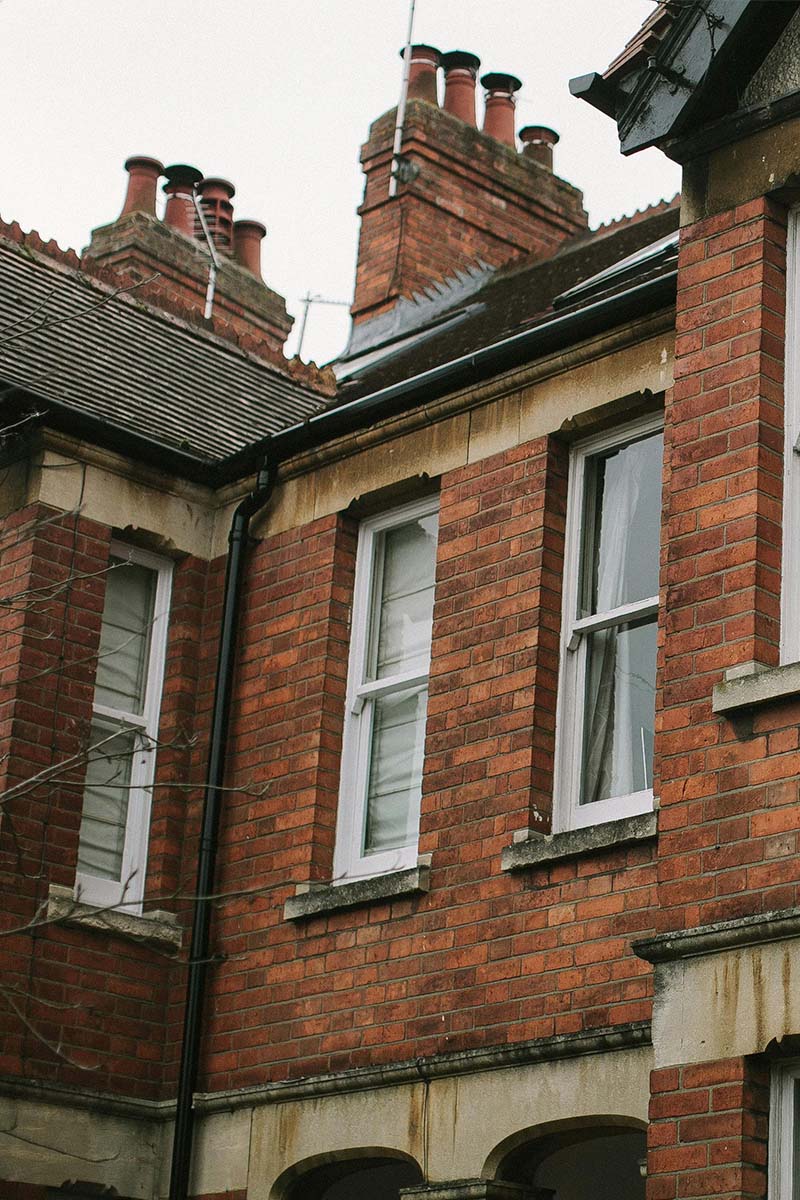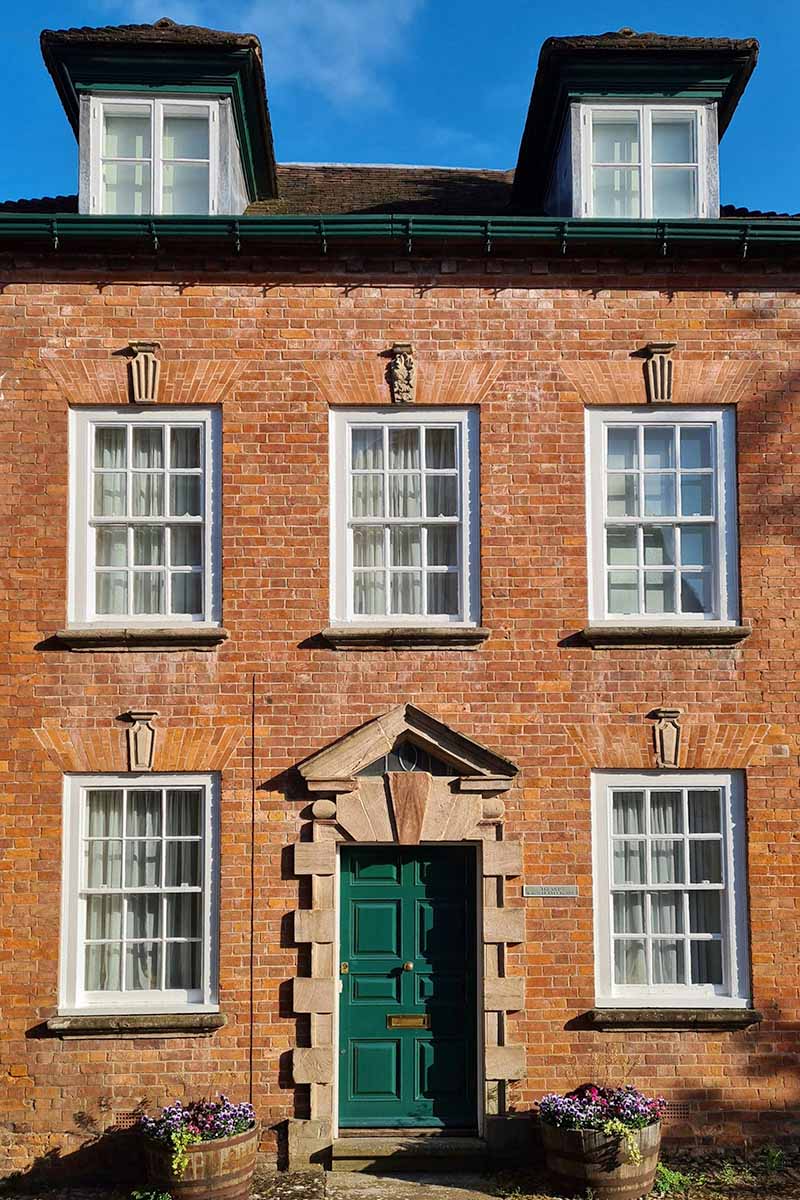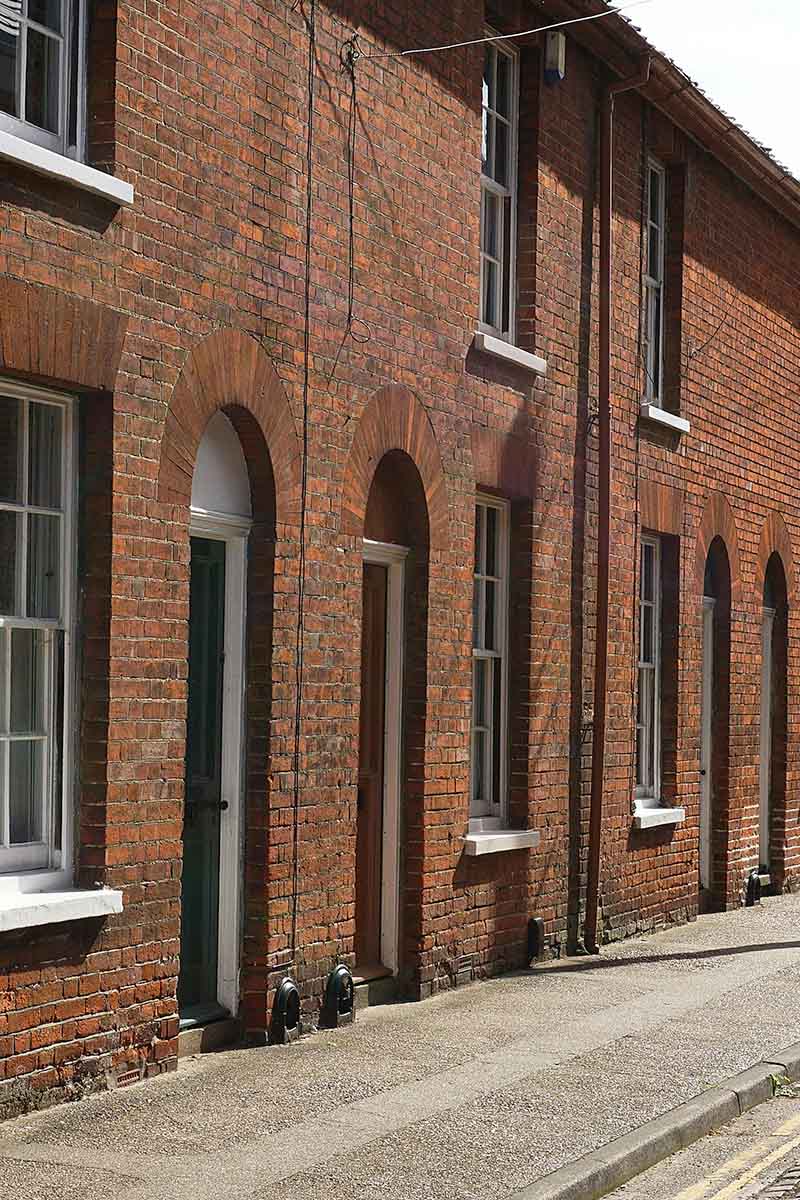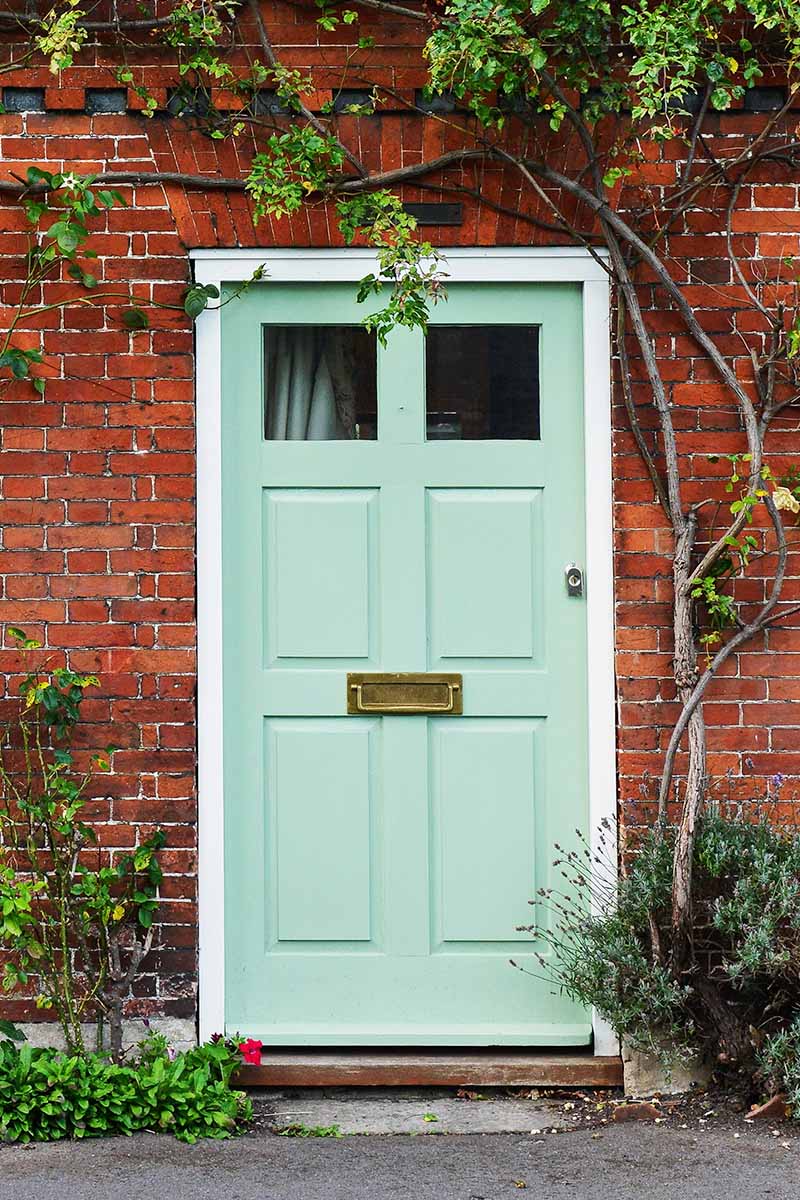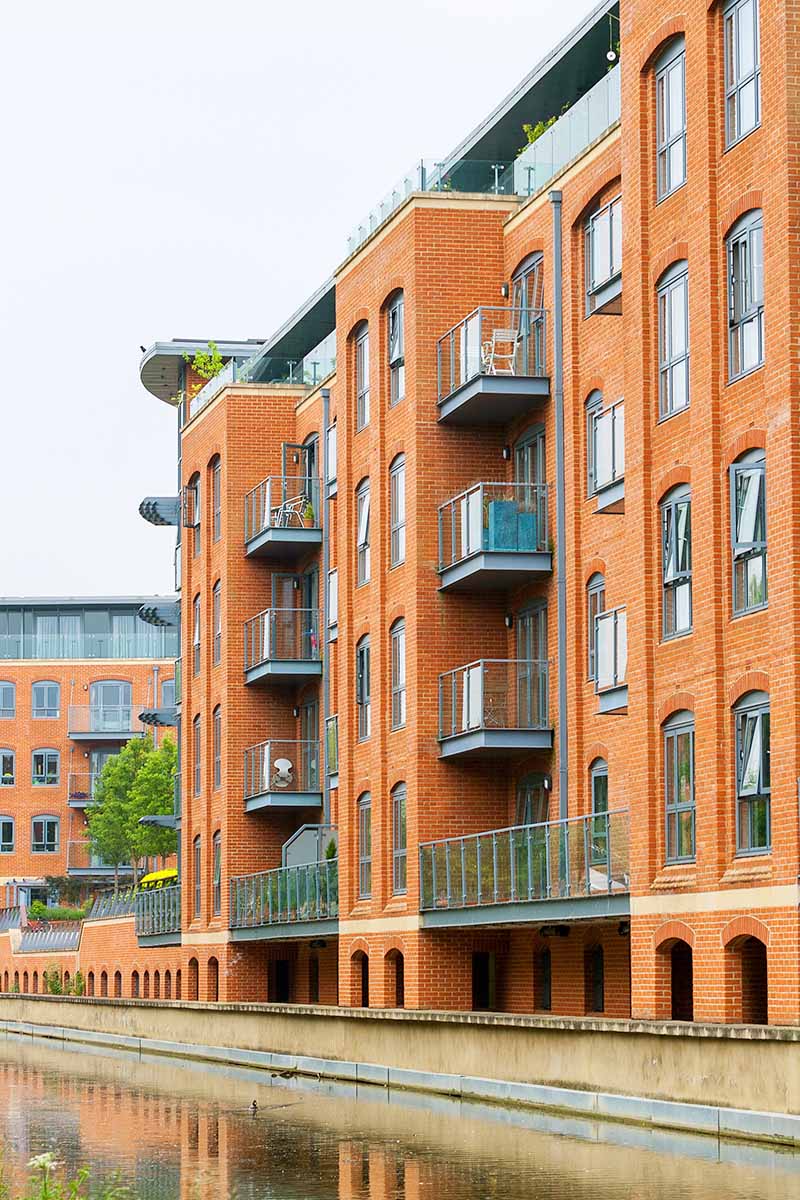How to extend your leasehold in England and Wales
If you own a leasehold flat or house in England and Wales, extending the lease can protect your property's value, improve mortgageability, and make it easier to sell. But the process can be complex — and if your lease has under 80 years remaining, acting sooner could save you thousands.
Extending your leasehold gives you more ownership security — but there’s a lot to navigate:
- Statutory rights allow flats to extend by 90 years at a peppercorn rent.
- Extensions often cost significantly more once a lease drops below 80 years due to marriage value.
- Extensions may be delayed or disputed, but there are legal safeguards in place.
- A freeholder can refuse only in rare redevelopment scenarios.
- If you cannot extend, a cash sale may be the fastest way forward.

The basics: what does it mean to extend a leasehold?
A leasehold gives you the right to occupy a property for a fixed term without owning the land. As that term runs down, your ownership devalues, mortgage lenders may refuse finance, and resale becomes harder — especially below 80 years.
If extending isn’t financially or practically possible, selling to a house cash buyer may allow you to avoid the legal and timeline implications altogether. You can read more about alternative routes in our guide on what does ‘cash buyer only’ mean in property sales.
How much does a lease extension cost?
Typical premium ranges:
*Plus solicitor, surveyor, and Land Registry fees.
Once a lease falls below 80 years, the required marriage value component can increase the price significantly. In some high-value areas, leaseholders with very short leases have been quoted six-figure sums to extend.
If you’re selling with a mortgage in place, our guide on can you sell a house with a mortgage explains how lease issues can affect your sale process.
The process to extend your leasehold
Statutory (formal) route
This is the most secure option for leaseholders as it provides legal protections and a standardised process:
- Valuation — A specialist surveyor estimates your premium based on your lease terms, property value, and ground rent.
- Serve the Section 42 notice — This formally notifies the freeholder that you wish to extend.
- Pay a deposit — Usually 10% of your proposed premium.
- Negotiate terms — If no agreement is reached, you can apply to the First-tier Tribunal for a ruling.
- Completion and registration — Once terms are agreed or set by the tribunal, the new lease is finalised and registered at HM Land Registry.
A freeholder can only refuse in limited circumstances, such as a planned redevelopment where less than five years remain on the lease.
Informal (negotiated) route
This involves direct negotiation with the freeholder. It can be quicker, but:
- The length of extension and ground rent terms are negotiable — sometimes unfavourably.
- There is no tribunal protection if negotiations break down.
- The freeholder can change or withdraw terms before completion.
What if your freeholder refuses to extend?
Under the statutory route, refusals are rare. If they do occur, you can:
- Apply to the tribunal to determine terms.
- Use the courts to obtain a vesting order if the freeholder is absent or uncontactable.
If you’re facing additional selling challenges — for example, disputes with neighbours — our guide on how to sell a house with noisy neighbours outlines other options to move forward.
What if you can’t or don’t want to extend?
If the cost is too high, or the process too time-consuming, you might choose to sell instead. Short leases can make open-market sales challenging, but a house cash buyer can complete quickly without the need for a mortgage, even on a lease with far fewer years remaining.
Save time and hassle by selling your home with us
Get a guaranteed cash offer on any property in England and Wales. All you need to do to get started is enter your address below.
How a lease extension can affect other aspects of ownership
- Selling a property — A longer lease generally increases value and widens the pool of potential buyers.
- Mortgage eligibility — Many lenders will only approve loans on leases with more than 85–90 years remaining.
- Ground rent — Statutory extensions reduce ground rent to zero, which can make a property more attractive.
- Future saleability — Extending before 80 years avoids marriage value and can make a future sale simpler and more profitable.
Example scenarios: extending or selling with a short lease
Scenario 1: Extending early to protect value
David, from Bristol, owned a flat with 85 years remaining. His mortgage was due for renewal, and his lender warned that if the lease dropped below 80 years before renewal, his refinancing options would shrink.
A surveyor valued the extension premium at £8,500 with legal and valuation fees adding another £2,000. David decided to extend immediately via the statutory route, avoiding marriage value and securing a lease length of 175 years with no ground rent. Two years later, he sold at full market value without buyer hesitation.
Scenario 2: Selling with a short lease and avoiding delays
Mariam, in Cardiff, owned a flat with 74 years left. An estate agent warned that most mortgage buyers would be put off, and the extension quote came back at £22,000 with a 6–8 month process.
Mariam didn’t want the cost or the delay, so she approached a house cash buyer instead. She accepted a slightly lower price but completed in under four weeks — avoiding marriage value, ongoing service charges, and the risk of the market softening during a long sale.
Scenario 3: Inheriting a very short lease
Priya inherited a flat in London with only 58 years remaining. The premium was estimated at £65,000 due to the high property value and significant marriage value. Priya didn’t have the funds to extend and knew an open-market sale would attract only a small pool of specialist buyers.
After considering her options, she decided to sell to a cash buyer who specialised in short-lease properties. This allowed her to release the property’s value quickly and avoid the cost of specialist legal proceedings.
Lease extension and sale outcome comparison
Upcoming reforms
Proposed reforms include abolishing marriage value, removing the two-year ownership rule (already implemented in 2025), and introducing a simpler calculation process. While these changes could make extensions cheaper in the future, most are not yet in force, so delaying could still increase your costs.
Recap: how to extend your leasehold in England and Wales
- You usually have the legal right to extend your lease, with strong protections in place.
- Costs rise sharply below 80 years due to marriage value.
- The statutory process offers the greatest protection, but informal agreements may work for some.
- If you cannot or do not wish to extend, selling to a cash buyer offers a quick and certain alternative.
If your lease is short and you’re looking to sell:
- Fair market valuation.
- Fast sale with no need for expensive lease extensions.
- Lower price than estate agent sale, but no legal fees if you use our solicitor.
- Flexible sale timeline to suit your schedule.
Get in touch for a free, no-obligation cash offer.
Property owners are choosing Habello for a faster, easier and less stressful way to sell
Sell your home quickly for cash by accepting an offer just below market value. See how we compare to your other options by using the calculator below.
Related guides
Bring yourself up to speed with our property guides.





